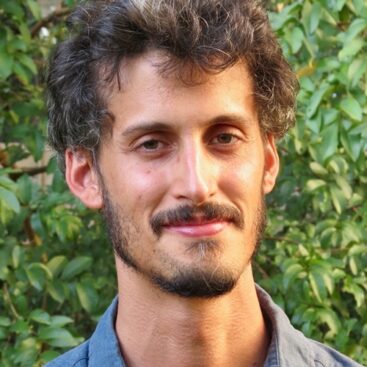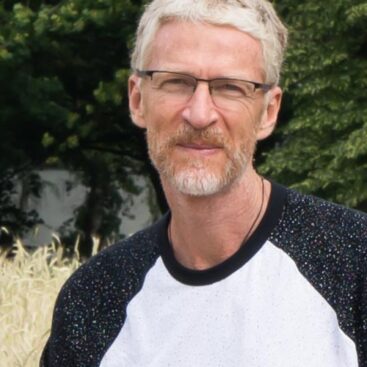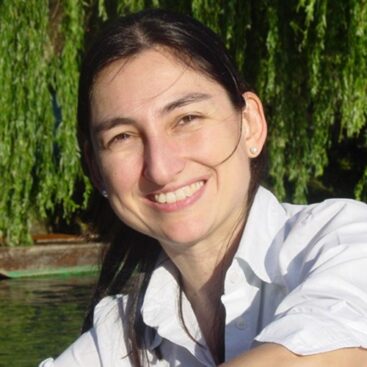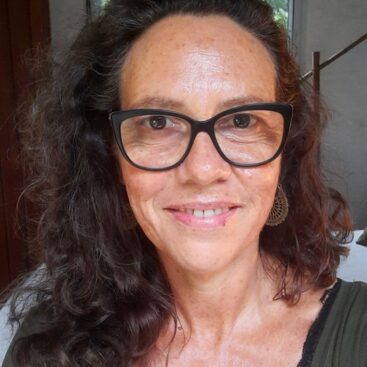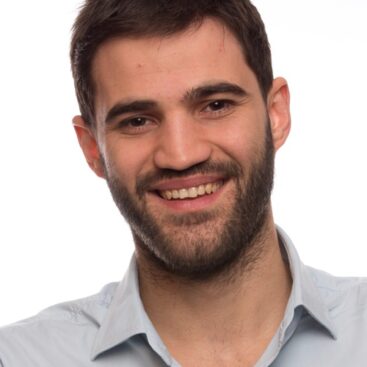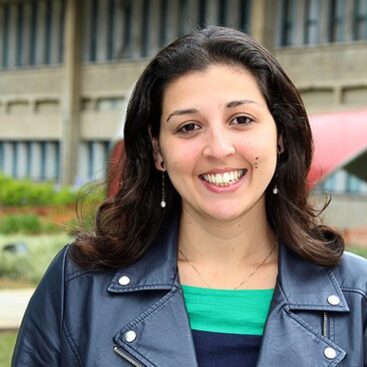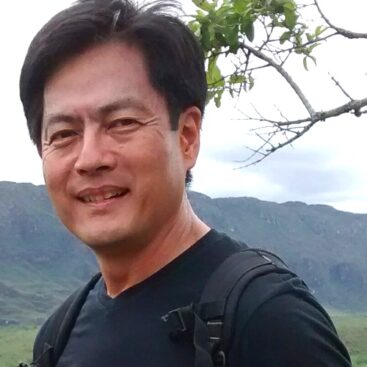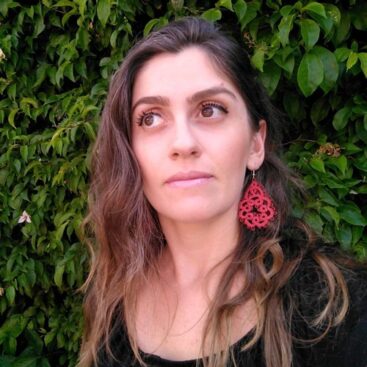Collaborative actions between scientists and non-scientists
Coordination: Gerd Sparovek (ESALQ/USP)
The Policy co-production challenge team facilitates collaborative actions between scientists and non-scientists to design policies, interventions, and strategies related to the four thematic project challenges.
This co-production requires the combination of transdisciplinary science and practical knowledge in an environment of negotiation that acknowledges other elements besides scientific knowledge.
Our main objective is to overcome the difficulties of transdisciplinarity and bridge the gap between science and practice. To achieve this, we aim to create an environment in which researchers, public managers, non-governmental organizations, target public, among other sectors, have the opportunity to take part in knowledge co-production to solve problems related to the other four challenges of this project. This challenge is a transverse axis that permeates all other project challenges, promoting working synergy focused on direct social gains.
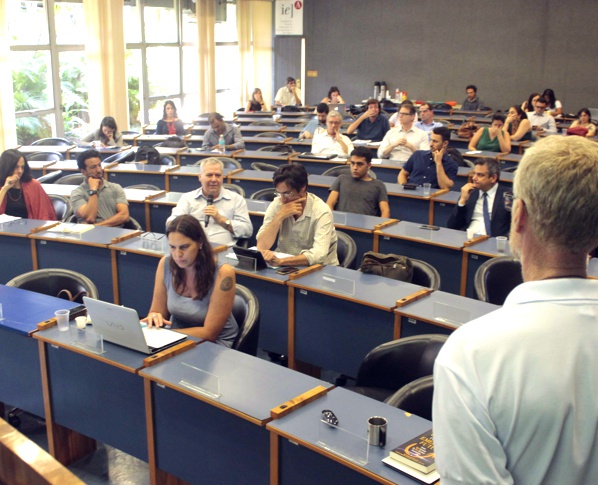
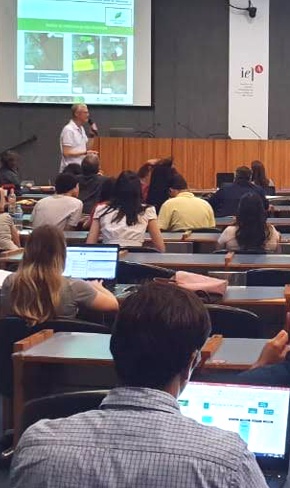
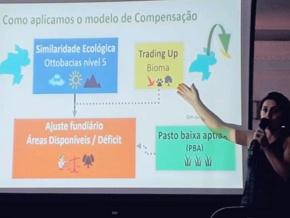
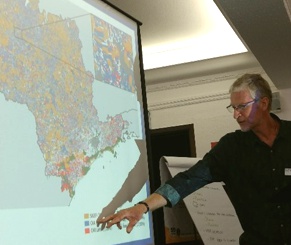
Activities in this Challenge
The Policy co-production challenge will follow four main stages:
Training actors for engagement in the knowledge of co-production.
Policy mapping.
Conception: in four steps: In the first step, we will identify and prioritize the demands related to each project challenge. In step two, we will synthesize the knowledge needed for discussing and conceiving interventions. Step three focuses on discussion and conception of solutions and interventions. Finally, in step four, we will conclude the proposals and write the policy strategies and tools.
Back to society, project give-back through two main actions. First, project communication through wide reach media and scientific journals. Second, engagement with actors to start the implementation of each intervention as soon as possible and allow society to benefit from the actionable knowledge generated by the project.
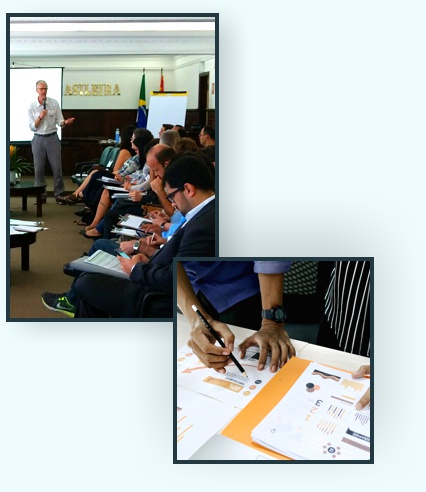
Challenge team
- Patricia G. C. Ruggiero (FEA/USP)
- Jean Paul Metzger (IB e IEA/USP)
- Alexandre Igari (EACH/USP)
- Paula Pereda (FEA/USP)
- Gabriela Marques Di Giulio (FSP/USP)
- Renata Pardini (IB/USP)
- Leandro Tambosi (UFABC)
- Pedro Brancalion (ESALQ/USP)
- Paula Prist (IB/USP)
- Danilo Boscolo (FFCLRP/USP)
- Rafael Chaves (SEMIL)
- Eduardo Humberto Ditt (IPÊ)
- Rafael Morais Chiaravalloti (IPÊ)
- Mariana Napolitano Ferreira (WWF)
- Marisa Mamede (SinBiose/CNPq)
- Angela Pellin (IPÊ)
- Simone Fraga Tenário P. Linares (IPÊ)
- João Demarchi (IZ)
- Cândido Ferreira da Silva Filho (PUC-Campinas)
- Diego de Melo Conti (PUC-Campinas)
- Marcos Ricardo Rosa Georges (PUC-Campinas)
- Samuel Carvalho De Benedicto (PUC-Campinas)
- Maria Carmen Lemos (Universidade de Michigan)
- Alexander Pfaff (Escola de Políticas Públicas Stanford e Escola de Meio Ambiente, Duke University)
- Martine Maron (The University of Queensland, Australia)
- Secretariat for Environment, Infrastructure and Logistics (SEMIL)
- General Coordination: Jonatas Trindade
- Executive Coordination: Rafael Chaves
- Committee: Helena Carrascosa, Marco Nalon,Ana Lucia Segamarchi, Isabel Barcellos, Lucia Sousa e Silva, Rodrigo Victor, Antonio Luiz de Queiroz, Paloma Arakaki, Neide Araújo, Cristina Azevedo, Claudette marta Hahn, Natália Ivanauskas, Marisa Domingos, Juliana Ortega e Alexandre Gerard

